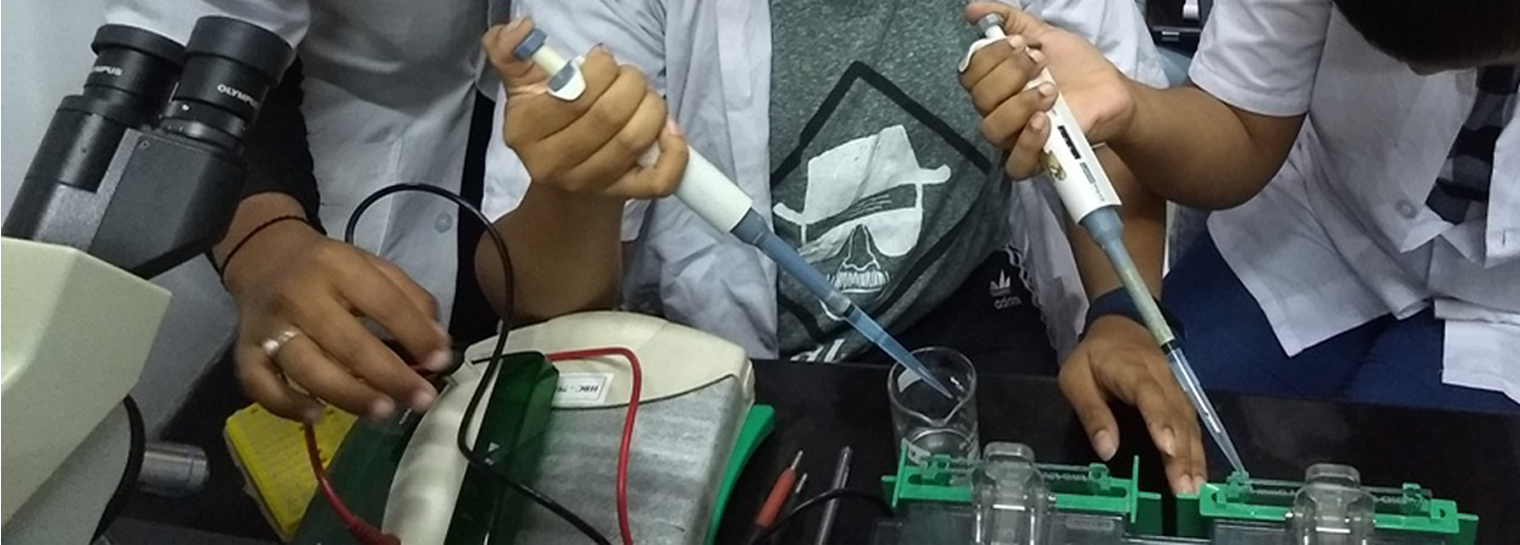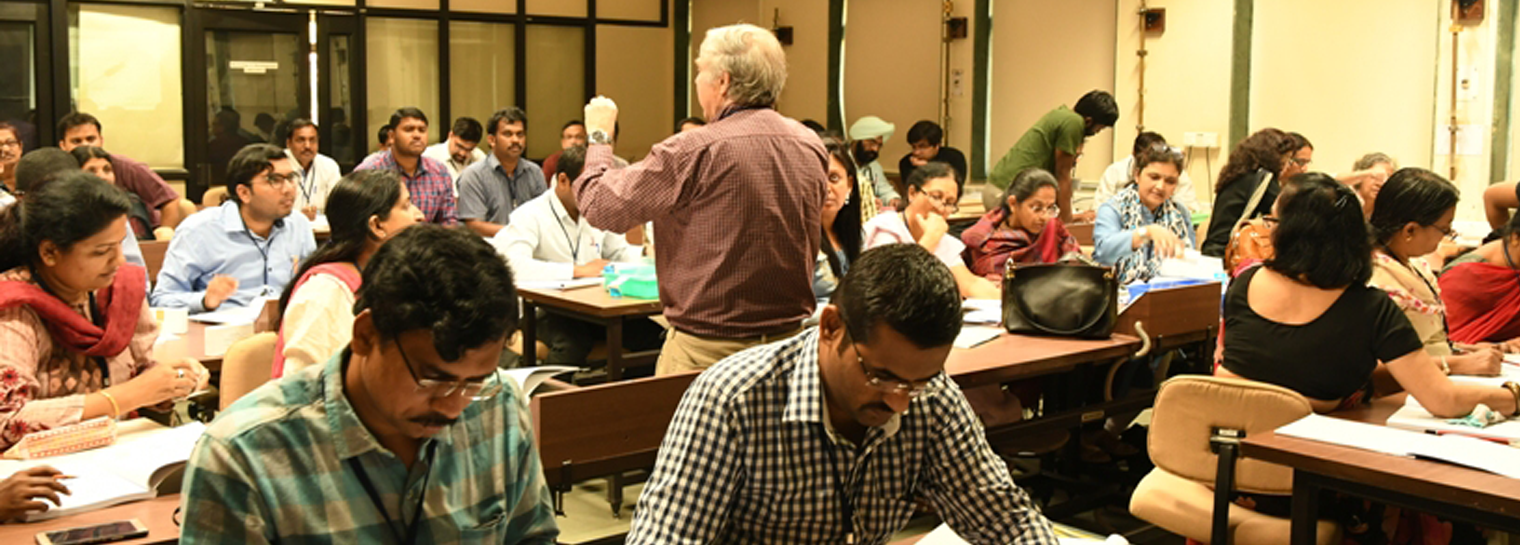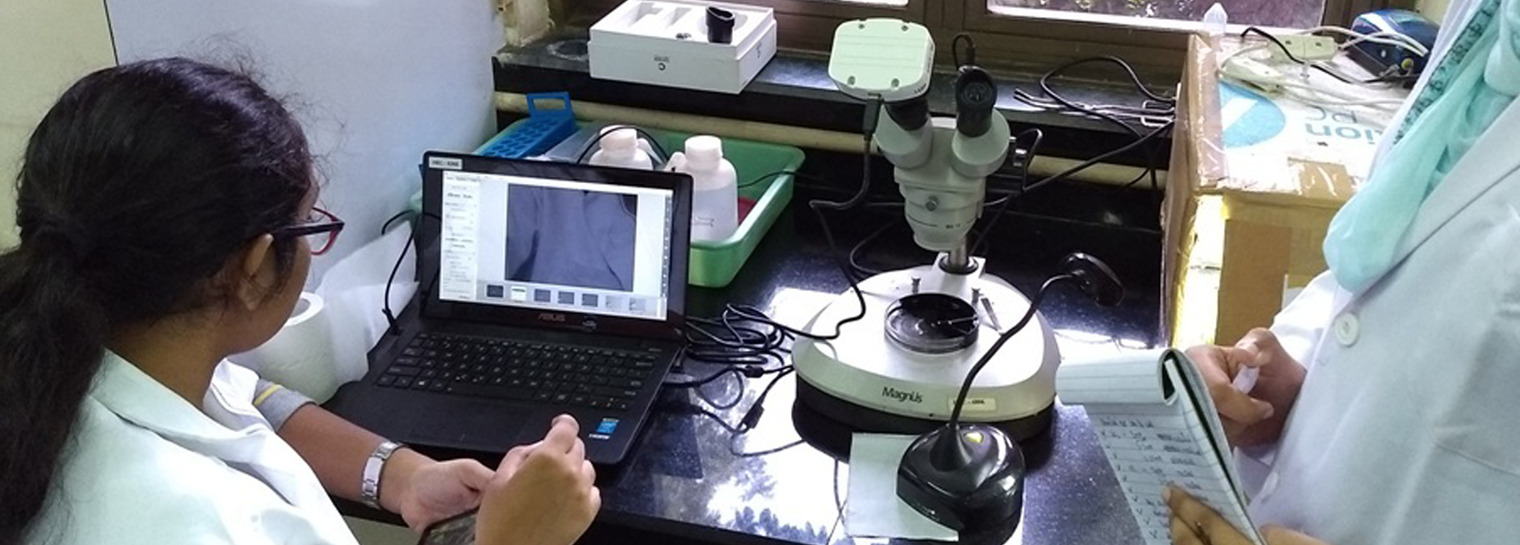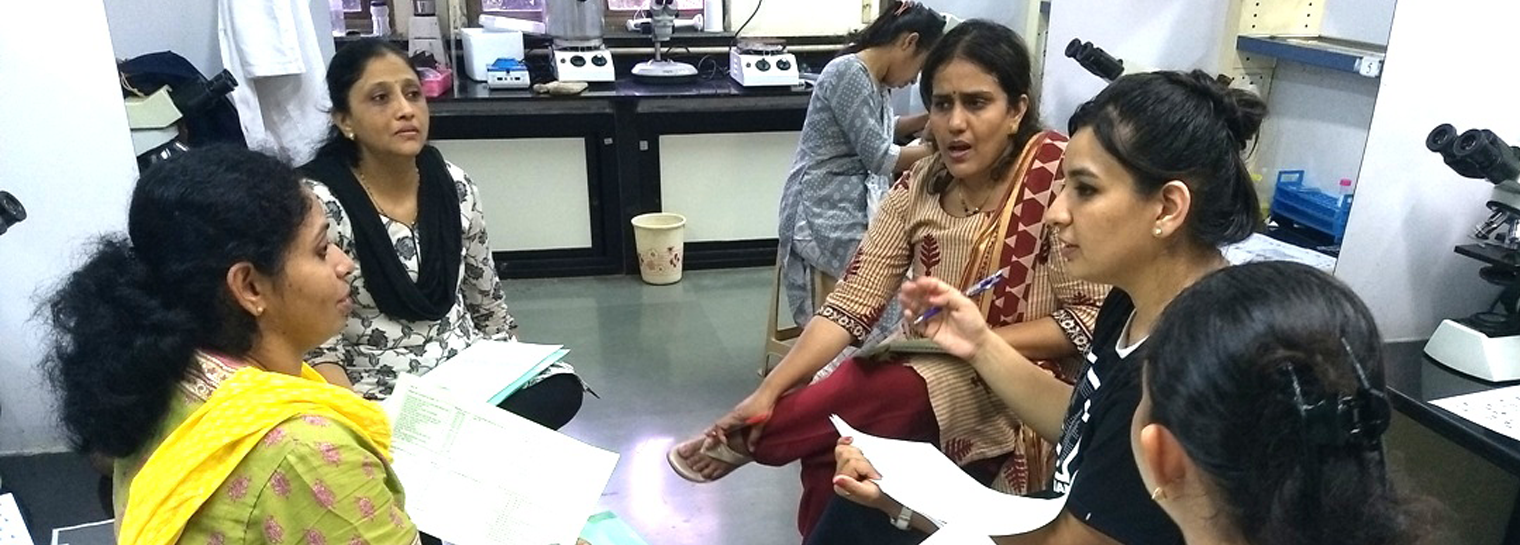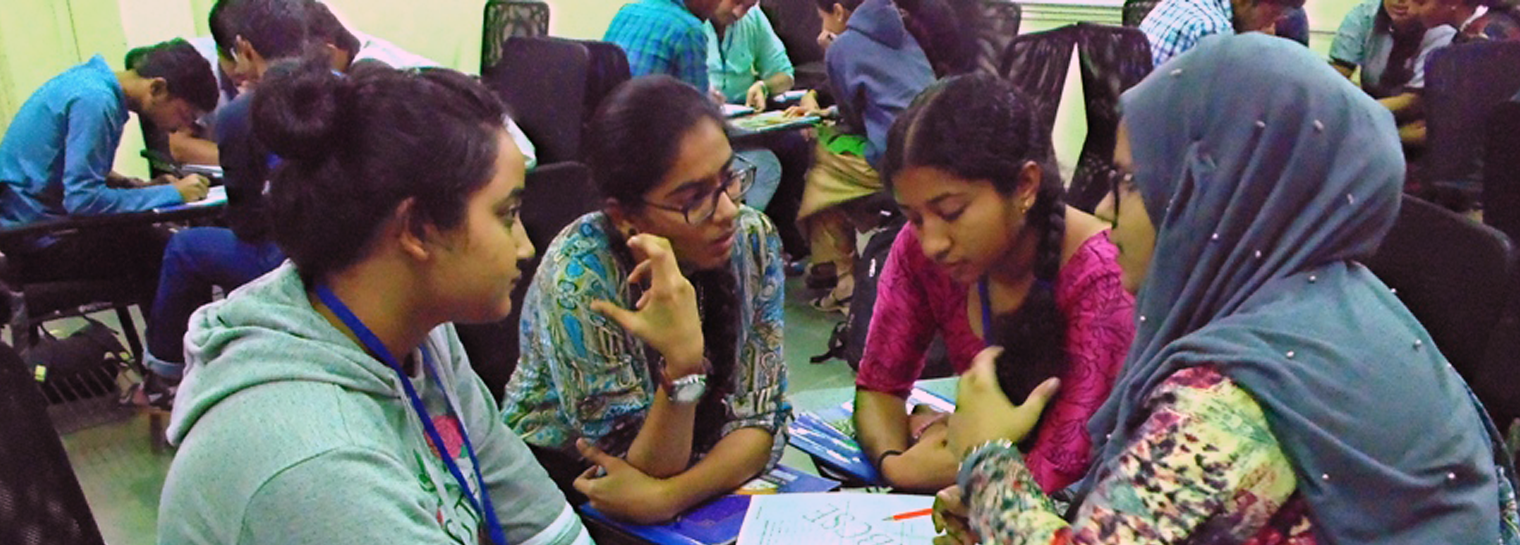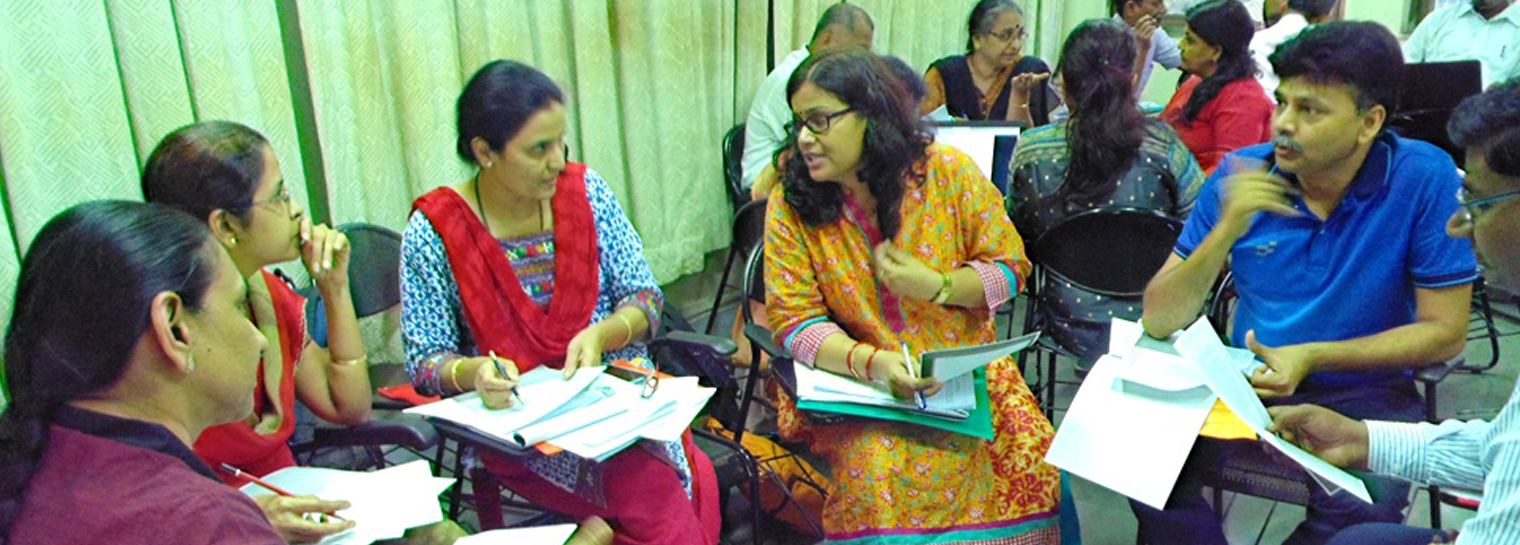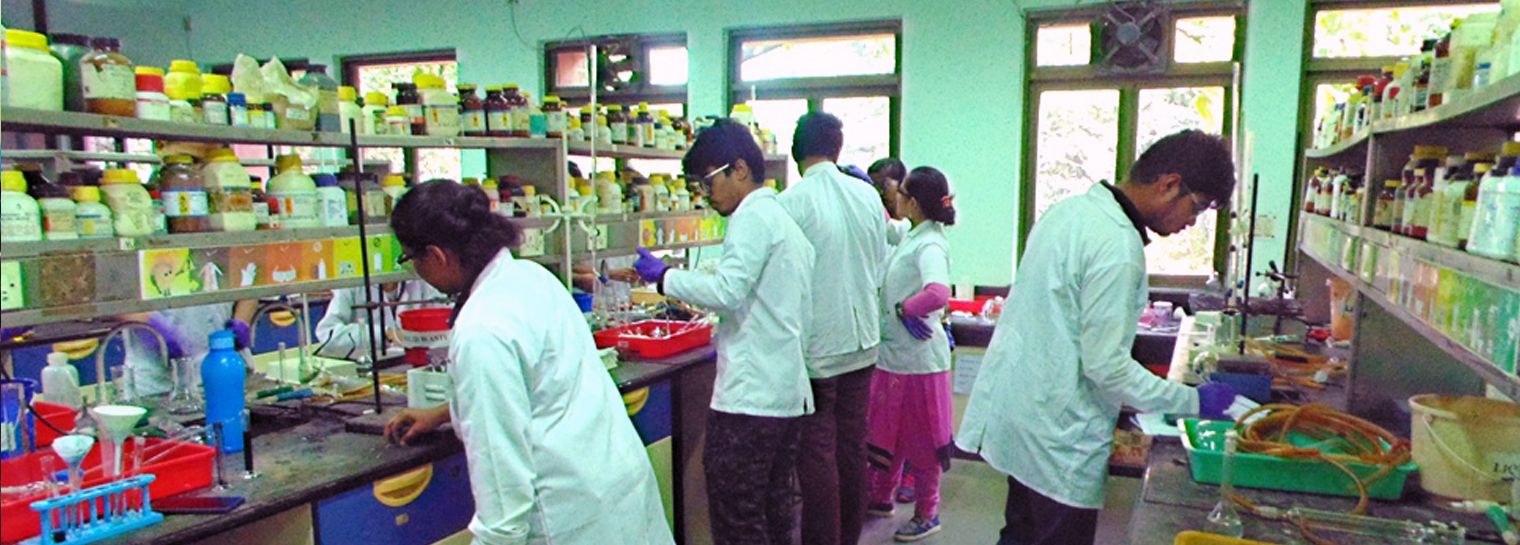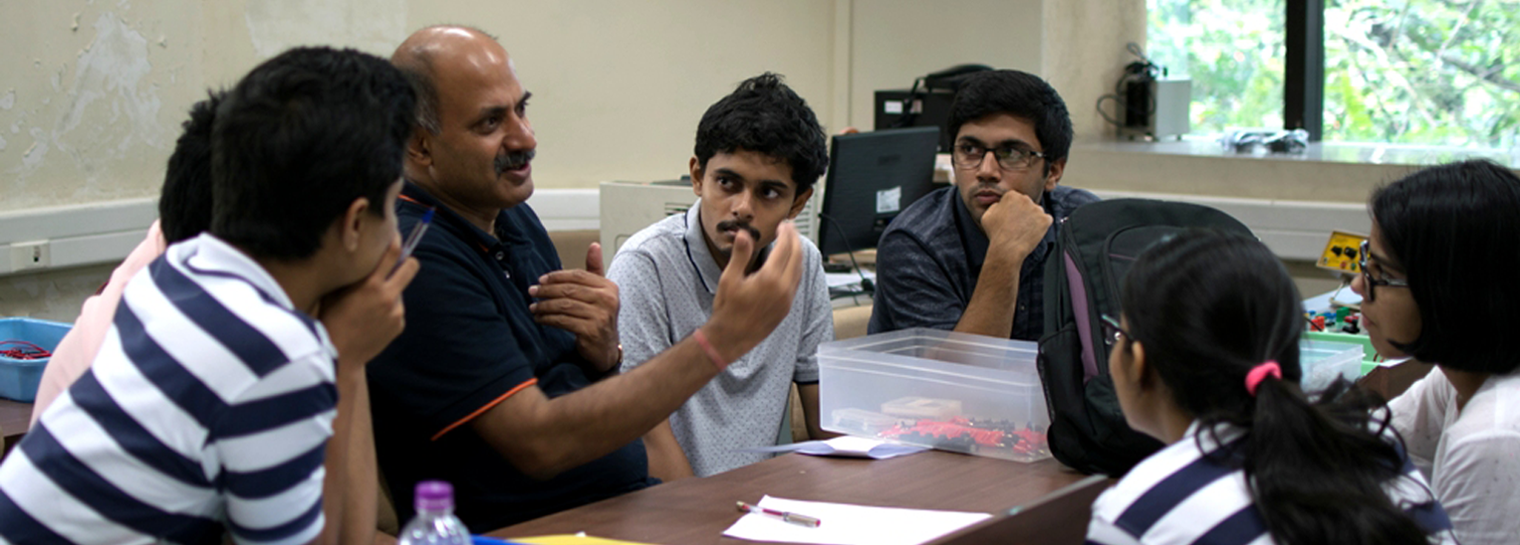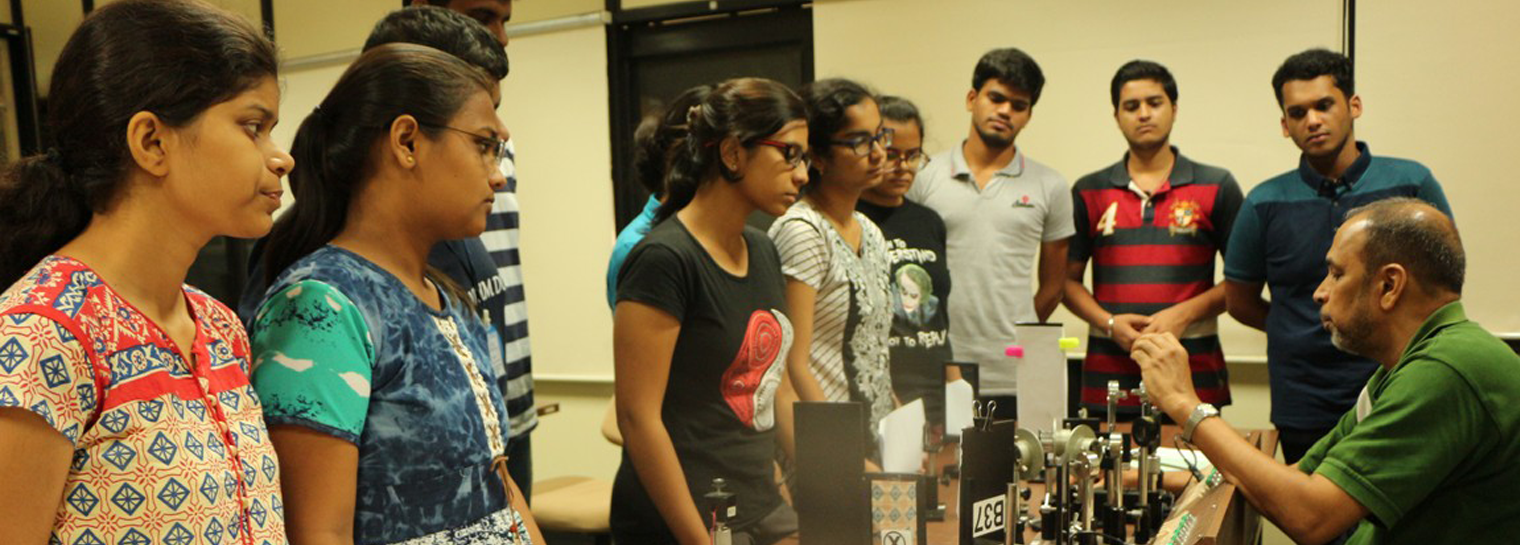The National Initiative on Undergraduate Science (NIUS), a major initiative of HBCSE (TIFR) concerning tertiary science education in India, was launched in the summer of 2004. With thrust on promoting undergraduate research and learning, the NIUS programme has been contributing towards training of students and teachers in theoretical and experimental science, preparation of pedagogical material and R&D in science education/laboratory training. One of the key ideas of NIUS proto-research projects is to internalize general scientific skills and practices common across different disciplines through sustained mentoring, along with discipline specific content and conceptual enhancement, among undergraduate students. Along with Faculty members at HBCSE, researchers from leading scientific institutions like BARC, TIFR, ICT (Mumbai), IISERs, IIT (Mumbai), NCRA (Pune), PRL (Ahmedabad), University of Pune and motivated teachers from local colleges of Mumbai interact and guide students for NIUS proto-research projects. NIUS faculty at HBCSE have also assisted in setting up and conducting laboratories and framing curricula in the new science institutes (UM-DAE CBS, NISER and IISER Pune) in their formative years. Supporting college teachers to set up modest research programs at their own institutions is yet another important facet of the NIUS programme which further helps in mentoring undergraduate students at local levels.
NIUS Student Camps
The current structure of the NIUS programme for students consists of an exposure cum enrichment camp followed by two to three camps for completion of project work. The main aim of the exposure cum enrichment camps is to excite undergraduate students about basic sciences. NIUS camps include sessions related to -a) frontier research areas in the discipline, b) core areas/concepts, c) laboratory activities involving planning and decision making, d) comprehension of scientific papers, and e) problems solving. At the end of the exposure camps, a certain number of students, depending on the availability of mentors, are selected for NIUS projects that continue for about three successive semesters or so.
NIUS programme (2004 – March 2025)
| Number of camps for students | 63 exposure camps followed by 155 project camps (3 camps per subject per batch) |
| Number of completed projects | 354 |
| Publications (in refereed journals and conferences) | 183 |
Postscript
It maybe noted that the tradition of introducing undergraduate students to research in western countries is not new. Caltech (USA) for example has run the SURGE project since 1919. The Indian Institute of Technology (IITs) in India have initiated similar projects with IIT – Kanpur tying up with Caltech. The Kishore Vaigyanik Protasahan Yojana (KVPY) and the Jagdish Bose National Science Talent Search (JBNSTS) schemes also encourage its scholars to carry out research projects in summer. In contrast to these schemes the budget outlay of NIUS is modest. It must also be noted that for five years since NIUS was launched (2004) there was no hostel, laboratory space and dedicated staff. The Olympiad cells of biology, chemistry and physics were asked to take up this task. Students have won laurels from their parent institutes for work carried out under NIUS. Several are now doing their PhDs in leading institutions. Many have acknowledged the positive influence of NIUS.
Announcements
- List of students selected for NIUS Chemistry 2025
- List of Selected Participants for NIUS Biology Camp 2025
- List of selected participants for the NIUS Chemistry Teaches’ camp – 2025
- NIUS Teachers’ Camp for Chemistry Faculty- 2025
- List of students selected for NIUS Astronomy 2025
- List of students selected for NIUS Physics 2025
- Basics of Chemical Thermodynamics (Books/Instructional Materials)

